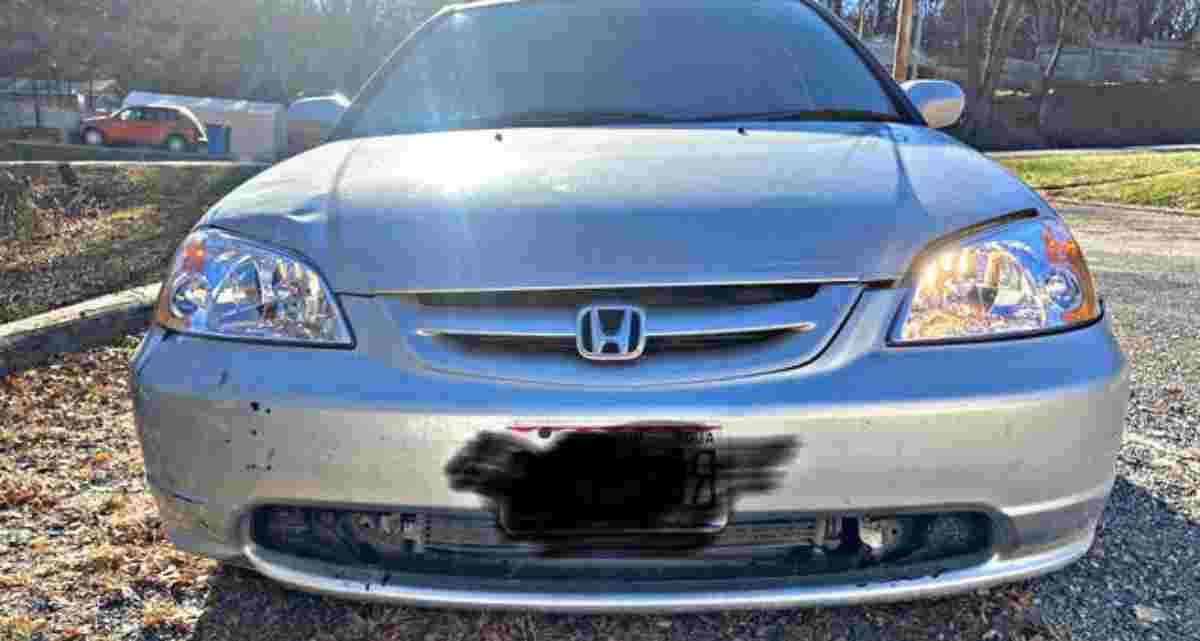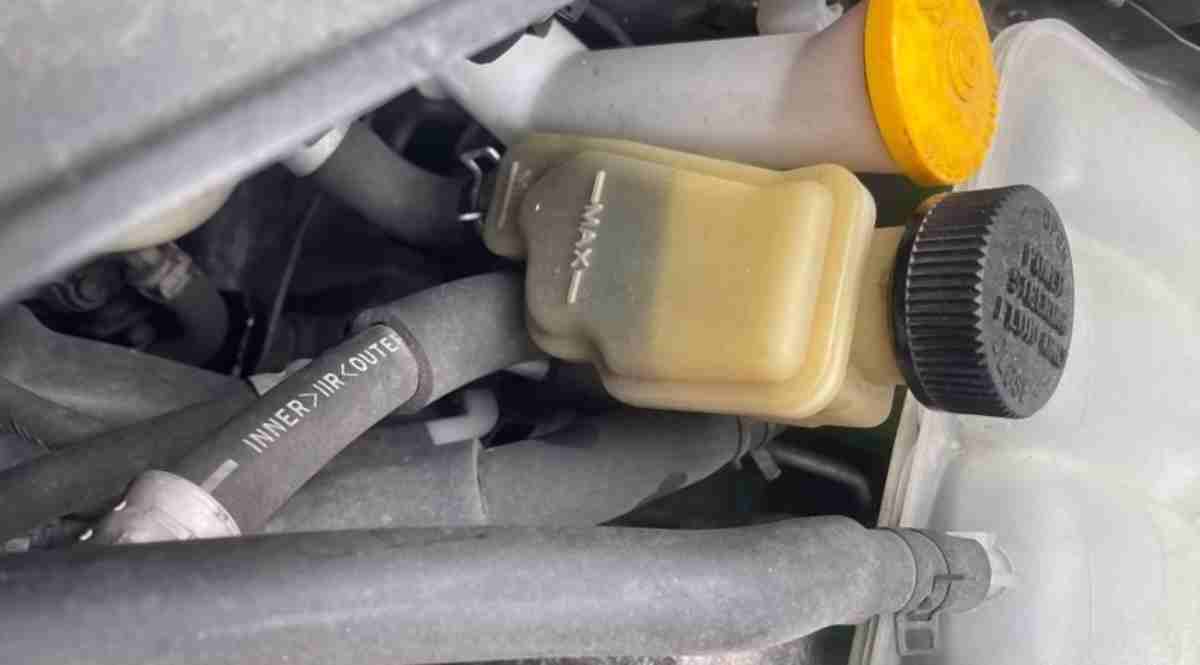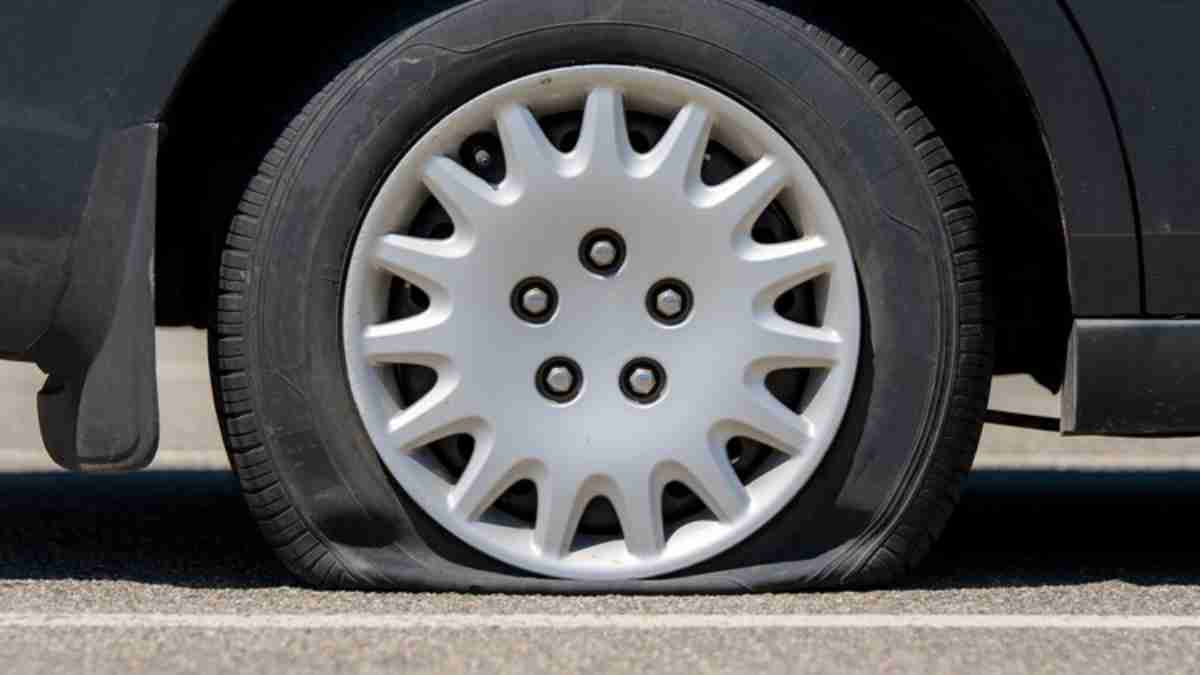Car lights dimming and brightening is often caused by dying car battery. Unfortunately, this problem puts you and other drivers in danger at night (in terms of visibility) or even daytime (in terms of being able to notify other road users). Moreover, you risk facing fines and penalties.
In CA, you could pay up to $230.00 for driving without headlights. The front vehicle lights, headlights, and fog lights are more obviously affected by the dimming car light problem.
The brightness of interior lighting makes it simple to observe when they are dimming. It is best to fix the dimming and car light problem as soon as you discover it for an improved driving experience. Meanwhile, to fix issues relating to car lights dimming and brightening, you will need to know the causes first.

Reasons for car lights dimming and brightening
Here are the various causes of car lights dimming and brightening:
1. Problems with the wiring
Dim lights can be the result of wiring problems, particularly while driving. Dashboard lights dimming intermittently is a warning that your battery or alternator is failing.
If there is a wiring issue, it could start slowly before becoming noticeable over time. The root causes might include poor connections, worn-out or short-circuiting wires, and defective electrical equipment.
2. Dirty bulb
Oftentimes, cleanliness can be a problem of car lights dimming and brightening, especially if the lights are filthy. An obstruction to the dispersion of light will be created by the buildup of dirt, dust, and other debris.
It might be internal or exterior filth but the internal ones are easier to remove or clean. There are many tricks to pull if the problem is interior filth. Concerning dirt, you could also notice your car lights dimming if there is water in the light chamber. An additional cause of car lights dimming is mechanical damage to the light chamber, whereby components like the lens are damaged or even missing.
3. Bulb problems
The bulb is the key element in charge of your car’s lighting, so you should check there if you notice your car lights dimming.
They could be of inferior quality or have outlived their usefulness. You could notice that one side of the headlights lights is brighter than the other. You can also purchase new bulbs and assess their performance if you encounter such a problem. In a case whereby they function properly, your issue is solved.
To determine if the bulbs are beyond their service life, pay attention to their appearance. The lifespan of a normal bulb is typically five years. The number of years for replacements might vary based on the manufacturer.
Low illumination is another possibility if the incorrect bulb is used. There is some type of bulbs with the same base design that isn’t suitable for other uses. If you use them interchangeably, you could notice a decrease in illumination intensity.
4. Yellowed-out headlights
Most modern car models have headlights that often turn yellow from exposure to the sun or road grime. The bulb’s light strength will be reduced by the yellowed lens, which might make it seem dim. The yellowing is manageable, and the impact is often not improbable.
Car lights dim and brighten? How to fix it ASAP
Here are the possible fixes for your car lights dimming:
1. Check the electrical and wiring unit
If the car’s lights dim as it accelerates, a low voltage supply may be to blame, and the electrical and wiring system can be the major issue. To identify the source of the issue, a specialist should examine the wiring, alternator, and battery.
You can tell whether a battery is defective by corrosion or by the accumulation of blue or greenish material on the terminals.
If a battery discharge is a problem, you must always carry a high-quality jump starter until the battery is changed. Check the wiring system for short-circuiting, which can happen if exposed wires come into contact. The wires can either be changed or you can tape them over.
You need to be attentive to the signs and signals of issues with the electrical and wiring equipment. A problem with the alternator, particularly the voltage regulator, may be the cause of stalling at idle or headlights that get brighter during acceleration. Replace it if that’s the problem, and make sure the alternator belt isn’t loose.
2. Replacing bulbs
If the bulbs are the major problem, you must replace them right away. Inspection is very important when searching for issues with your car.
You should carry it out to determine if the bulb is the primary issue. Look at the structure and take note of any surface color changes. To check whether the bulb has an issue, you can try connecting it to a power source, where you can also assess its brightness.
Make sure you replace the bulb with a high-quality one and that the bases are the same. Avoid substituting; for instance, if the socket calls for an H11 bulb, use an H11 bulb for the greatest performance. Pay attention to its lifespan as well, and search for a replacement part that will last a long time before needing to be replaced.
3. Clean the headlights
If the headlight dims often and you find the cause to be dirt buildup, you must clean it to make it brighter. Cleaning the outside is a straightforward task that can be completed with soap and water.
The process may be difficult if the lens is yellowing since you have to clean the streaks off of it. Additionally, you will need several grades of sandpaper and toothpaste.
Additionally, you need to clean the inside headlights, especially if they have accumulated water or dirt. When dealing with water, you must do a thorough check to identify the problem’s source, which might be a defective assembly or fractures. Locate the issue’s source and resolve it successfully. To fix a damaged assembly, the fractures must be sealed.
4. Replace the light assembly
You must remove and replace the light assembly if you notice that this is the cause of your problem. Mechanical deterioration can be the cause of this issue, and if you do not make replacements promptly, they might become serious.
Also, check that you have the appropriate replacement to stop the lights from dimming and illuminating again.
FAQs
Why do my car lights dim while driving?
When you are driving, your car’s lights may dim because of a problem with the alternator or the wiring. It indicates that the ground wire in the wiring unit deteriorates. To avoid this issue recurring, make sure your electric line is clean, especially if you are working with a corroded ground wire. Another sign of the issue might be dimming lights while the engine is revving.
Can a bad battery cause lights to dim?
Some of the most common reasons for car light dimming due to inadequate power supply include bad batteries and electrical connections. Also, some of the signs of a bad battery are dim car lights while the engine is idling. To rule out battery problems, inspect the terminals and any connections.
Will a capacitor prevent my lights from dimming?
The capacitor is essential to the management of electrical charge because it can store extra power and then discharge it when the supply is low. Although it is a wonderful idea, it is not a worthy solution to the issue of auto lights dimming and brightening since it stores a low threshold in comparison to what the lights may need.
Why do my lights get brighter when I accelerate?
The alternator’s voltage regulator can be an issue if your lights intensify while you accelerate. The regulator’s job is to regulate the power outflow to avoid a surge when the alternator’s speed increases. The regulator is not controlling the discharge as well when the lights are brighter.
Why do my lights dim when my bass hits?
The usual issue of lights dimming as your bass hits is caused by interference with electricity flow. If the dimness is more noticeable, you may want to have a professional examine it.
Conclusion
One issue that is aggravating for drivers is when their car lights dim and brighten. This can make driving challenging and increase the risk of accidents and tickets. This problem has several root causes, including bad connections, burned-out bulbs, and dirt. To find the best solution, you must first identify the issue via cross-examination.
Although this article provides insight into the causes of car lights dimming and brightening, however, you should contact a professional mechanic if you are not experienced.


![How to Fix Reduced Engine Power [Complete Guide] How to Fix Reduced Engine Power [Complete Guide]](https://sanedriver.org/wp-content/uploads/2023/02/PicsArt_02-10-06.22.51.webp)